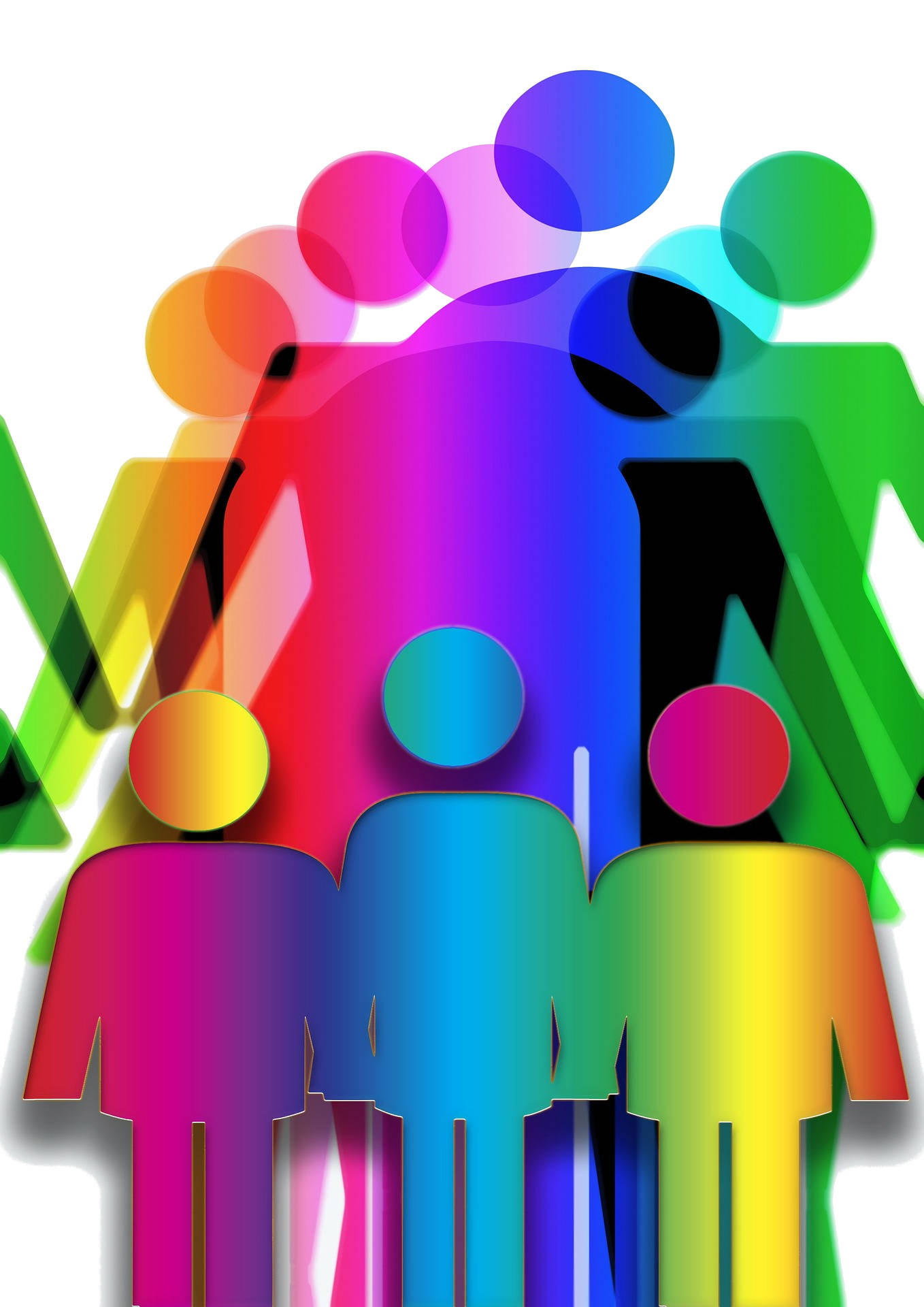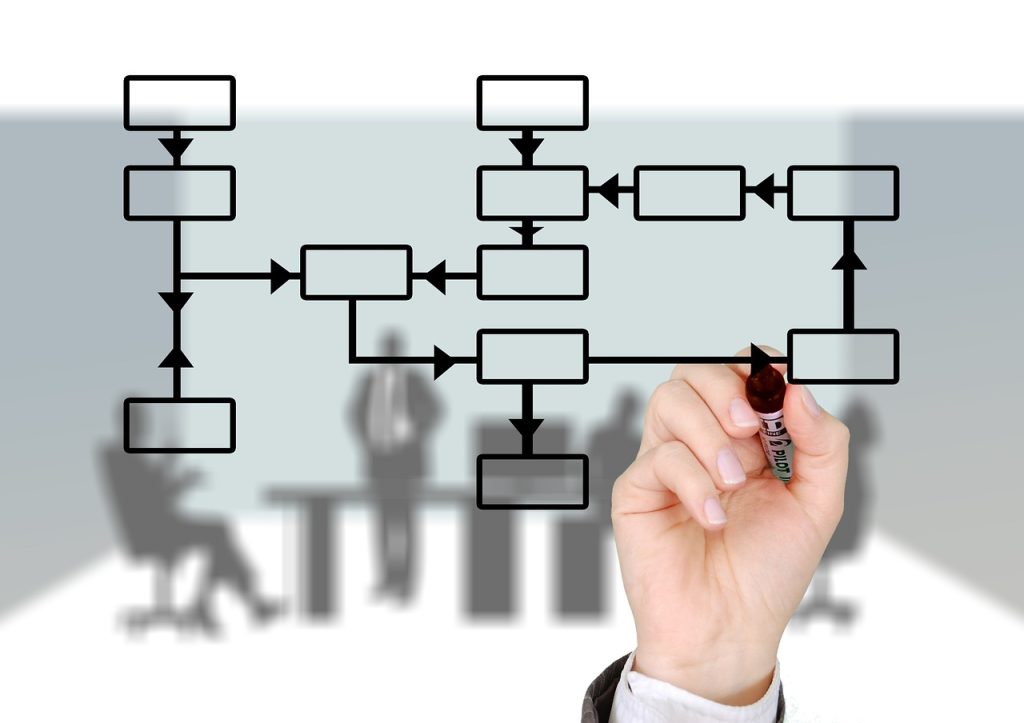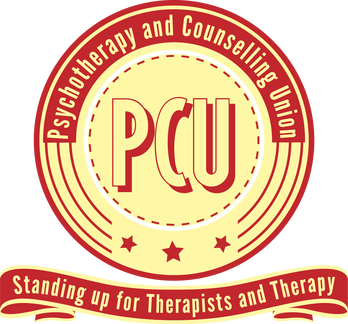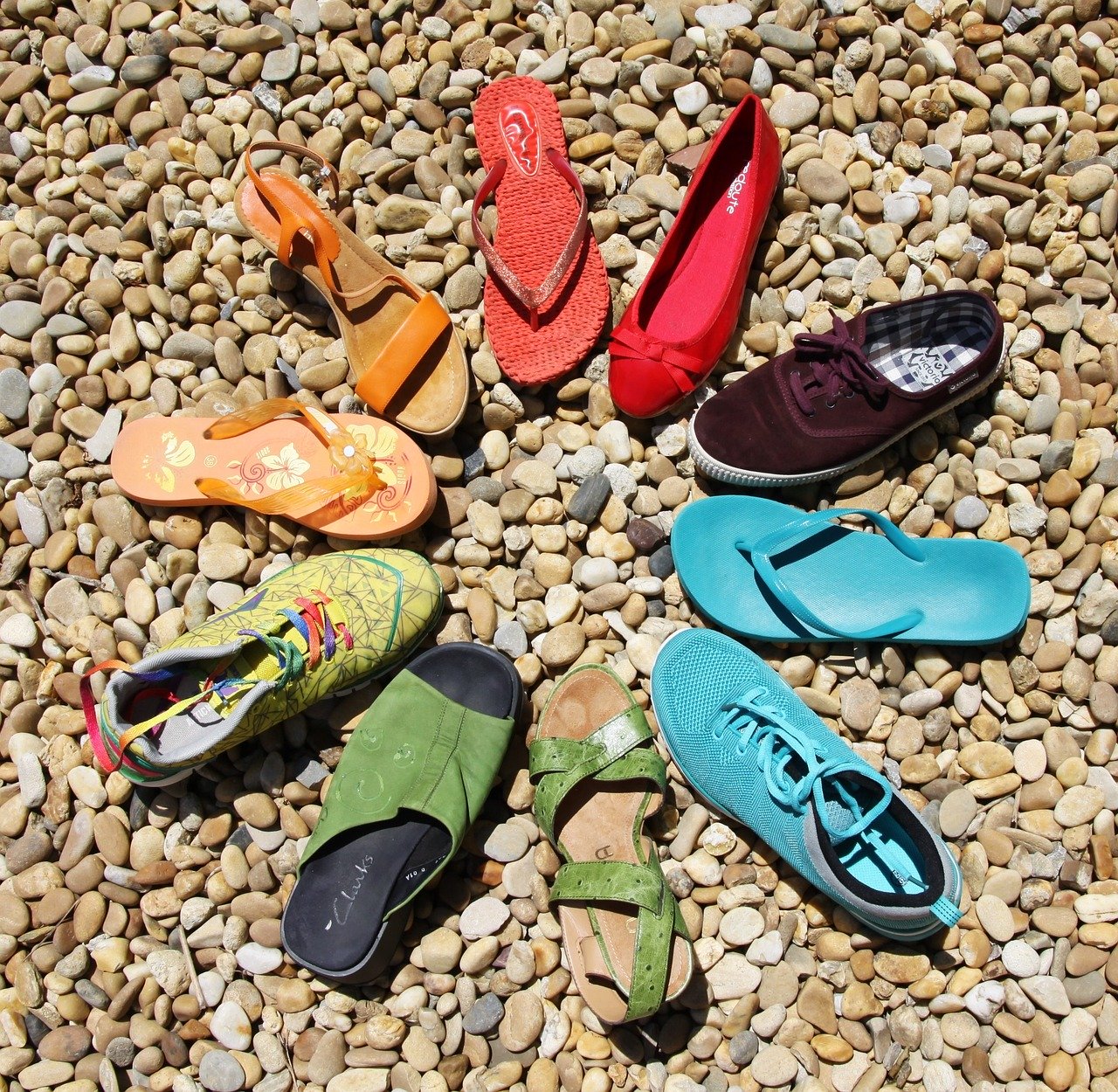
Polyamory Counselling for Intimate LGBT/QIA+ Groups
Video Therapy for Polyamorous LGBT /QIA+ Groups Working with a poly-friendly therapist, what does Relationship counselling for a polyamorous family aim to achieve? Let's talk about Gay, Lesbian, Bi, Queer, Straight and mixed-orientation intimate polycules working with a Group Counsellor. How we support your open- and/or ethical non-monogamous intimate relationship into developing its own helpful, cause-identifying and conflict-resolving behaviour...Polyamory Group Counselling – is it for You?
Polyamorous families, throuples and groups need bespoke, professional support from time to time, too. When it comes to polyamorism and/or ethical non-monogamous group therapy, it makes no difference what kind of relationship setup you’re committed to. In group counselling, we’re concentrating on the issues between you and one or more of your partners to tackle conflicts and empower you to be able to resolve difficult problems, both now and in the future.
You could be a member of a well-established polyamorous* group. You and your partner could be in a non-monogamous* relationship. You may have started dating someone whose relationship philosophy includes non-monogamy, or you may be thinking about expanding your relationship into a group. Your poly-partner may have introduced a new member to your group, and it may be difficult to accept the newcomer. Perhaps different members of your relationship are dealing with conflicts and strong feelings that are upsetting the group.
Professional Support
These – and other – issues you’re dealing with may benefit from professional help.
I’m going to suppose that you’ve searched for ally counsellors who work with polyamory & non-monogamy, but when you looked at some of the websites out there you thought: “erm… does she do this kind of therapy work… or not…?!” It wasn’t clear to you. 😕
Polyamorous / Small Group Relationship Counselling with Dean Richardson MNCPS (Accred/Reg) – having more than 26 years counselling experience – is the experienced bloke that you’d consult with if you and one or more of your partners want to work through difficult relationship conflicts, make changes to your group dynamics, introduce a new member, or do anything else that is emotionally affecting you and members of your relationship group.
Why you might Consider Small Group Counselling
This couldn’t be an exhaustive list of reasons to consider group counselling. But it might help you identify areas that counselling could help with:-
- Your partner introduces the idea of inviting additional partners into the relationship.
- Your new love-interest is already a member of a poly/non-monogamous group.
- Someone new is introduced into an established group and this results in group conflicts.
- Someone wishes to leave an established group.
- A change is introduced (new birth, retirement, career change, location move), and the group is struggling to manage it.
- The group is struggling with social and/or intimacy skills among some or all members.
- The group is failing to communicate well.
*By “small group” we mean: from 3 to 8 members.
Your Polygroup is a (Complex) System
Systemic therapy is an effective approach to dealing with relationships gone wrong. Together, we’ll learn why the group’s “relationship system” sometimes fails. We do this by focusing on the group’s behavioural patterns and dependencies, which bring about joy, flaws, and faults. Everyone in the group is connected to everyone else (and to everyone else’s relationship within the group); therefore, each person affects and can be affected by others’ behaviours. Systemic therapy works to understand the group’s interconnections and dynamics. It assists individuals in learning about and changing potentially harmful communication and behavioural patterns so that group relationships improve.
Taking Things One Step at a Time
An overview of how LGBT relationship counselling works, starts with encouraging curiosity…
- Curiosity (initiated through Counselling)… leading to → New Information.
- New Information… leading towards → New Options.
- New Options… leading towards → Negotiating / Making New Choices.
- New Choices… leading towards → Transforming the Relationship (through informed empowerment).
- Transformation Underway… the partners are developing affective behaviours that address relationship conflicts (and may choose to leave counselling).
Curiosity allows us to discover new knowledge. New information provides us (and our partners) with new possibilities, which leads to us making some new (or newer) relationship decisions. When new decisions are made, the behaviour of the partnership can begin to change. When the partners' relationship is much more under their own management (again), they will recognise it's time to leave counselling.
What Therapy Provides 🫴
Different relationship counsellors work in different ways.
Dean's core approach is the integration of psychodynamic and systemic theoretical models (along with whatever is helpful, to be honest!). But let's give you a more plain-English overview of what each counselling session can provide for you.
- A complete 50-minute session (or 90 minutes for throuples and groups) that begins on the hour, will not start late, and ends at a consistent and predictable time.
- Over 26 years of therapeutic skills including: reframing of subject matter that can bring comprehension, behavioural interpretation, identification of unconscious processes (projection, splitting, etc), insightful comments, observations, active listening, and knowledge of LGBTQ+ relationships that can help you make informed choices around relationship change.
- Non-judgement respect for this being your distinct relationship, avoiding diagnoses, pathologising, and prescribing to you: "how a normal relationship would deal with this is..."
- Techniques and approaches that can help all partners confront, halt and transform unhappy behaviour.
- Unlimited opportunities to contribute your own ideas, suggestions and hypotheses.
- Unlimited opportunities to gain new knowledge and comprehension about their partner's (and their own) behaviour and motivations in the context of this relationship.
- Unlimited homework opportunities: to discuss, plan and design your own homework in between sessions.
- The same counsellor every session, so that the connection you build with Dean can become dependable and trustworthy.
- Weekly appointments scheduled for the same day and time (excepting planned holidays), giving you the flexibility to manage your personal schedule without squeezing-in future counselling sessions.
- A professional facilitative approach that can assist you and your partner(s) in identifying your own problems, interrupting faults, and putting in corrective behaviour. A strategy you can use and re-use for years to come.
- A therapist who listens for the problems that your relationship cannot hear and who maintains a neutral position (e.g. does not take sides).
- Reliable and containing boundaries - whether it's as simple as time keeping or more complex such as distressing subject material.
- Flexible and dynamic outcomes - your goals at the beginning of our work together may change over time. We will manage whatever new matters your relationship needs to attend to.
- Helpful support during distressing and emotional times.
- Support in finding ways to bring the counselling work to an end. We can stop our work at any time, and discussing this with your counsellor can help find creative ways to plan for the partners to continue their work.
A Nonnormative Approach to LGBTQ+ Groups
Dean is a fully qualified and experienced relationship counsellor who works with individuals, couples and groups.
He specialises in working with non-traditional couple relationships, triads (“throuple”), polyamory and non-monogamy (three-or-more-member) relationships.
Dean does this by employing effective therapeutic approaches that, firstly, make no judgements about how a relationship is supposed to be and, secondly, embraces a nonnormative philosophy, which means he won’t refer to “a normal relationship would do this…”.
He doesn’t Define Your Group
Compare this approach with some others that make basic assumptions about what a relationship “is supposed to be” (perhaps like some religion-based forms of counselling, where the counsellor takes a prescriptive role: offering advice and instruction based upon their religion doctrine).
- Dean does not prescribe what the “normal” relationship would be doing in order to resolve your difficulties.
- Dean does not refer to “what other (implication: more successful?!) relationships like yours would do is…”
Bespoke Group Relationships Counselling
Group counselling is not about meeting with a professional, telling him about your troubles, and then prescribing how you go about fixing things.
No, a group counsellor is someone who assists the group in figuring out resolutions themselves.
Unlike some other services, this is not a one-size-fits-all nor a manualised approach to group counselling. This is a facilitated approach with a professionally experienced counsellor, working with the group to develop a therapeutic intervention that works for their distinct and unique relationship.
Not only is this approach more sustainable (the group is developing their own approach to their own difficulties) it avoids setting the group’s expectations of meeting with an “Expert” who presents himself as having “all the answers”.
But let’s talk about the “science bit” for a second: three primary therapeutic theoretical models employed in Dean’s approach to group relationship counselling:-
-
Systemic (Milan Associates)
A theoretical model that sees a relationships as a linked-system (think: washing machine program: the clothes are washed using a step-by-step approach. Conditioner is not applied until rinse has completed, and rinse does not begin until wash has ended, etc). A system has processes (behaviours that invite us to love our partner), and triggers (things that might kick off an argument). By discovering what kind of systems this group relationship employs (intended, accidental, faulty, internal, external) the group and Dean together can gain new knowledge about the relationship. New knowledge leads to discovering opportunities for change.
-
Psychodynamic Psychotherapy
A theoretical model that recognises unconscious processes and the influence of past experiences. Such past experiences (eg early childhood experienced replaying in the moment), experiences of upbringing/parenting, and unresolved experiences looking for a conclusion. The group and Dean can discover conflicts raise their presence within the group and consider how group members might assist in conflict resolution (or at least, empathy).
-
Foulksian Facilitative ‘Matrix’
A theoretical approach to groups, how groups operate, how members form multiple distinct relationships within the group, and how to manage such matrices (preferences, jealousy, unresolved irritation etc).
Considering how these extraordinarily approaches are so effective in group counselling, notice how non of them take a position that someone has to be in a traditional relationship!
One Video Device per Attendee
Dean Richardson has more than 18 years’ practice in Couple Counselling via Video Conferencing (Skype, Zoom etc). His original focus was working with couples in Long Distance Relationships (i.e. partners being in a different countries to each other would have to use one device each).
As 2019’s pandemic developed, Dean discovered a therapeutically-useful phenomenon about video: partners attending relationship counselling also benefited from using individual devices (i.e. one device each, sitting in different rooms from each other). Partners reported back that the approach gave them a helpful sense of “we’re not at home” during therapy.
An Empowering Approach
This means that Dean’s approach to Group Counselling empowers partners to talk with each other, a safe environment, about subjects that cannot be discussed “at home” (or, at least, not during the early stages of counselling). Difficult subjects became more accessible due to the use of two video devices (any mix of Smartphones, tablets, PCs, Macs etc available to the couple).
So, as you consider entering counselling with Dean Richardson for Zoom/Skype Video Counselling, the following Preparations for Video Counselling will be helpful to your group…

Beginning Polyamory Counselling
First Session
As an established group of between 3 and 8 members, one of you will have completed Dean’s contact form on behalf of the group members to begin the process.
Having made arrangements for everyone to meet together on Zoom (or Skype etc), during our first group counselling session we’ll spend a little time making sure that everyone can see and hear each other and that our cameras, microphones and screens are working. (In my experience: Zoom tends to be more reliable than Skype when meeting with groups of people in a telehealth session).
- Next, we’ll begin discussing, agreeing and setting any important and specific boundaries that the group may need (eg interrupting others whist they’re talking, safety plans, confidentiality, what can be spoken about outside of a group session, etc).
- We’ll begin discussions upon how the group perceives the relationship problem(s). We may try to prioritise what is to be focussed upon in sessions (higher ranking to lower ranking).
- We’ll have conversations about how members of the group may or may not have recognised the group’s “system” (basically learning who does what and what the response can be).
- We’ll discuss working together – pros, cons, hopes, hears, and we’ll begin to discover what the group suspects may be uncovered by our therapy work.
Subsequent Sessions
Continuing our work we’ll uncover (in greater detail) what the group’s system is struggling with (who does what, that triggers who, resulting in someone doing which etc), discovering new information which will lead to new options. Choices may come from new options and we may learn to consider newer ways of altering ones behaviour (to see how conflicts are managed better).
We’ll continue working until the group collectively decides they wish to go it alone, helpfully making the counsellor redundant to their needs. We’ll arrange to say goodbye.
Non-monogamy vs Polyamory.
*The terms: polyamory and non-monogamy are sometimes used interchangeably, but whilst they are related terms they also have distinct meanings.
Non-monogamy (effectively: “multiple concurrent, intimate relationships”) – non-monogamous / non-monogamist : may be any form of sexual relationship outside of another relationship. Love does not have to be a part of this involvement. The encounter may be physical only.
Polyamory (effectively: “multiple loves”) – polyamorism / polyamorous / polyamorist: may be any relationship outside of another relationship where romantic love is involved. The relationship(s) may or may not involve a sexual aspect too.
Polyamory/non-monogamy is not the same as bigamy.
Neither relationship philosophy is disordered.
%
Northern Ireland (Most)
%
North West (Median)
%
East Midlands (Least)
%
Male
%
Female
Region
Reference: Euroclinix
Gender
Reference: Euroclinix
Might you be seeking Family Mediation? ⚠️
Counsellors and mediators have quasi-comparable skills (skills that appear to be the same), which can leave you struggling to decide which professional service might benefit your relationship the most.
Counsellors are not mediators, and mediators are not counsellors. In summary:
- Counsellors are trained/qualified to support parties who wish to reconcile (and may wish to investigate separation), and who need to explore historical problems and more deep-rooted historical issues in their relationship, etc.
- Mediators are trained/qualified to support parties wishing to separate amicably, maintain boundaries in keeping discussions targeted towards the future, mitigate "blaming-behaviour", etc.
About Dean Richardson MNCPS (Accred/Reg)
You could choose any couple / group counsellor…
Given that this will be the most intimate and vulnerable you could feel alongside your partner(s), you would want a skilled professional whose experience and specialism you could trust; whose focus would be upon your distinct relationship. Your couple, throuple or group relationship will be in good hands with Dean. He works from Great Britain, is Independent of "box 'em/shift 'em" therapy services, and identifies as a gay couple counsellor. He's also easily payable in pounds sterling! Dean already had an impressive 18 years actual video "webcam" experience - way before the first British emergency began (when suddenly many counsellors added a Video option to their portfolio, having not practised so previously! 🤔).
What makes Dean Distinct
- Dean is sensitive and effective to your sexuality / gender-identity and intimate ways of relating to each other. You'll discover quickly that Dean is an informed member of your own community.
- Dean demonstrates adept skills with lesbian, gay, bisexual, asexual, fluid, mixed sexuality and same-or-mixed gender relationships having over 26 years' experience as a counsellor.
- Dean avoids taking a the role of "all-knowing expert" (whether requested or projected onto him by the clients). "Experts" tell you what to do, do not learn very well from others, and struggle to adapt to new situations. A couple counsellor must be curious, adaptive, and ask questions from a "not knowing" position so that the relationship in counselling benefits from re-examination.
- Dean speaks plain English (and can swear like a virtuoso if you like, or not at all if you prefer). He works cooperatively with your relationship (no unnecessary silence, or just "hmms...").
- Dean was originally accredited by his first professional body 16 years ago; he is now an accredited registrant with The National Counselling and Psychotherapy Society. Accreditation is a valued recognition of a counsellor's substantial experience. Dean is also a member of the Psychotherapy and Counselling Union of Great Britain.
- Dean is a British Counsellor working from the South of England. Unlike other counselling services operating from abroad Dean is registered, accredited, insured & supervised from within England (not from abroad).
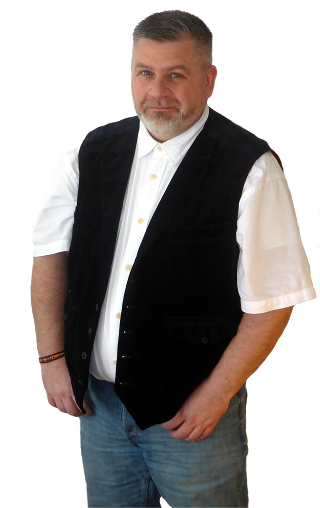
If any of this resonates with you and your partner(s), you should probably meet with the Gay Relationship Counsellor: Dean Richardson MNCPS (Accred/Reg) via Zoom, Teams, Whatsapp and other secure, reliable video conferencing media.
Dean focuses on LGBT/QIA+ relationships as a specialty in therapy. He works with individuals, couples and small groups. Plus, he's qualified to a postgraduate level (Chichester PG Diploma in Psychodynamic / Systemic Couple Counselling, IGA National Foundation in Group Counselling), and works as a private practice counsellor employing 26+ years experience*.
(*Very Important: not all counsellors have such specific skills for working with couples nor groups. Those who are initially trained to use common "Individual" Counselling skills have no experience in working therapeutically with relationships. Such counsellors may try, perhaps out of misplaced goodwill, to employ "individual" techniques (multiplied by 2) but the couple or group will find that the approach is ineffective. Simply put: it's the wrong approach; your relationship is not part of the counsellor's primary theoretical framework. Remember always to ask your potential counsellor: "what qualifies you to work with our relationship?" and trust your instincts based on what you hear.
Contents
- 1 Polyamory Group Counselling – is it for You?
- 2 Why you might Consider Small Group Counselling
- 3 What Therapy Provides 🫴
- 4 A Nonnormative Approach to LGBTQ+ Groups
- 5 Bespoke Group Relationships Counselling
- 6 One Video Device per Attendee
- 7 Beginning Polyamory Counselling
- 8 Non-monogamy vs Polyamory.
- 9 Might you be seeking Family Mediation? ⚠️
- 10 About Dean Richardson MNCPS (Accred/Reg)



